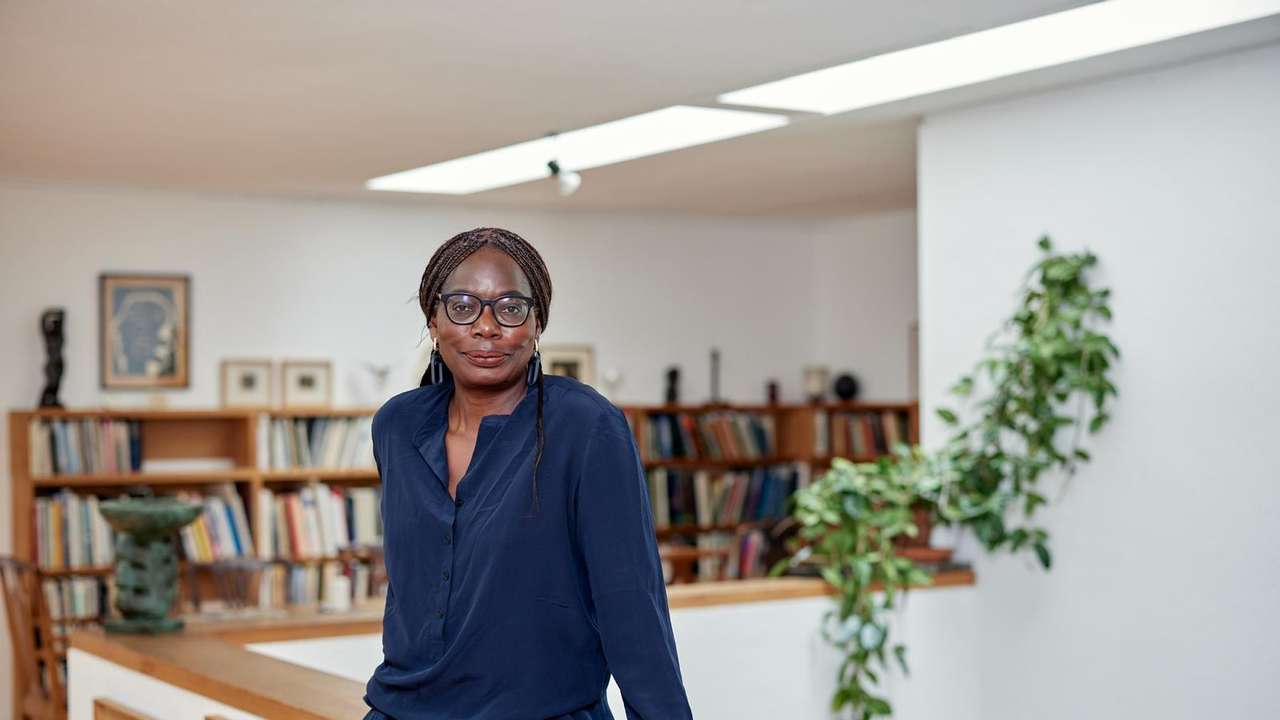Who is Phoebe Okowa? The Kenyan jurist elected to serve as ICJ judge

Kenyan jurist Phoebe Okowa has been elected to the International Court of Justice (ICJ), winning a special by‑election to fill the seat vacated by Somalia’s Abdulqawi Ahmed Yusuf, who resigned effective September 30.
Okowa will serve the remainder of the term through February 5, 2027.
Under the ICJ Statute, judges are chosen by concurrent, secret ballots in both the UN General Assembly and the UN Security Council. A candidate must secure an absolute majority in each chamber to be elected.
This contest drew four candidates; Okowa prevailed after three rounds of voting in the Security Council and four rounds in the General Assembly.
Who is Phoebe Okowa?
Okowa is a Kenyan lawyer and professor of public international law at Queen Mary University of London. Since 2023, she has served as a member of the UN International Law Commission (ILC), the expert body that studies and codifies developments in international law. Her academic and advisory work has focused on the doctrines that underpin the ICJ’s docket, state responsibility, the law of treaties, and the peaceful settlement of international disputes. Okowa graduated top of her class with an LLB (First Class Honours) from the University of Nairobi. On a UK Foreign & Commonwealth Office scholarship, she completed the Bachelor of Civil Law (BCL) at the University of Oxford, where she also earned her D.Phil under the supervision of the late Ian Brownlie QC, the Chichele Professor of International Law.
Her Oxford University Press monograph, State Responsibility for Transboundary Air Pollution, is widely regarded as a definitive study of how environmental harm challenges traditional accountability in international law. She co‑edited Environmental Law and Justice in Context (with Jonas Ebbesson, Cambridge University Press, 2009), and her work on the admissibility of claims in international adjudication has been cited with approval by domestic courts grappling with questions of international law.
Okowa serves on the International Advisory Board of the Stockholm Centre for International Law and sits on the Executive Committee of the International Society of Public Law (ICON‑S).
What the ICJ seat entails
The ICJ is the UN’s principal judicial organ, composed of 15 judges elected to nine‑year terms (with judges eligible for re‑election). When a judge dies or resigns, the UN conducts a special election to fill the unexpired portion of the term, as in this case.
By statute, the 15 judges must be nationals of 15 different countries, and the Court’s overall composition must reflect the main forms of civilisation and the principal legal systems of the world.
As with all ICJ judges, she will participate in hearing contentious cases between states and in drafting advisory opinions requested by UN organs and specialised agencies.
This story is written and edited by the Global South World team, you can contact us here.